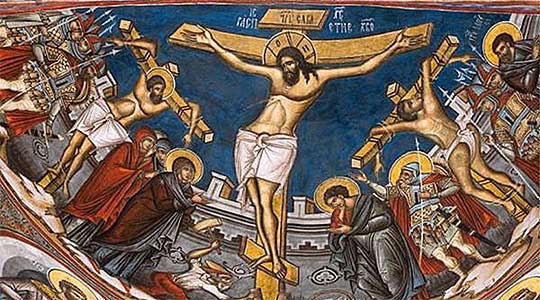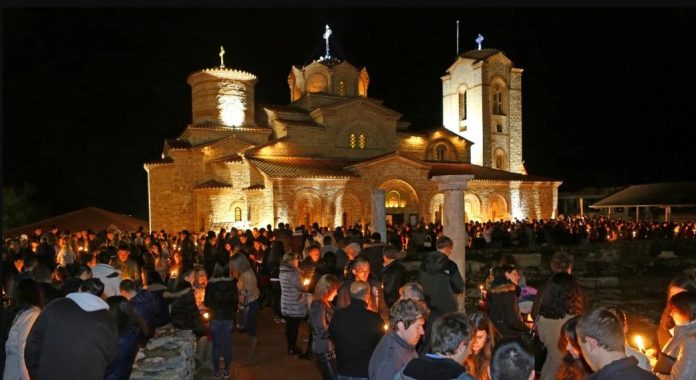In the week before Easter, Orthodox Macedonians observe several customs that are part of the detailed and symbolic celebration of Jesus’ resurrection.
The most observant Christians begin preparing for Easter with the longest fasting period of the year. In 2023 the Easter fast began on March 14.
Its purpose is to bring peace, humility and eternal love to the observer. The fast gives the body time to repair and enter a state of clarity that brings us closer to god. People are supposed to eat light, meat-free meals. Oil and wine are permitted on Saturdays and Sundays.
It is notable that weddings and engagements should not take place during the fast. People also must not allow any anger to take hold of their life and all thoughts must be observed through love and prayer.
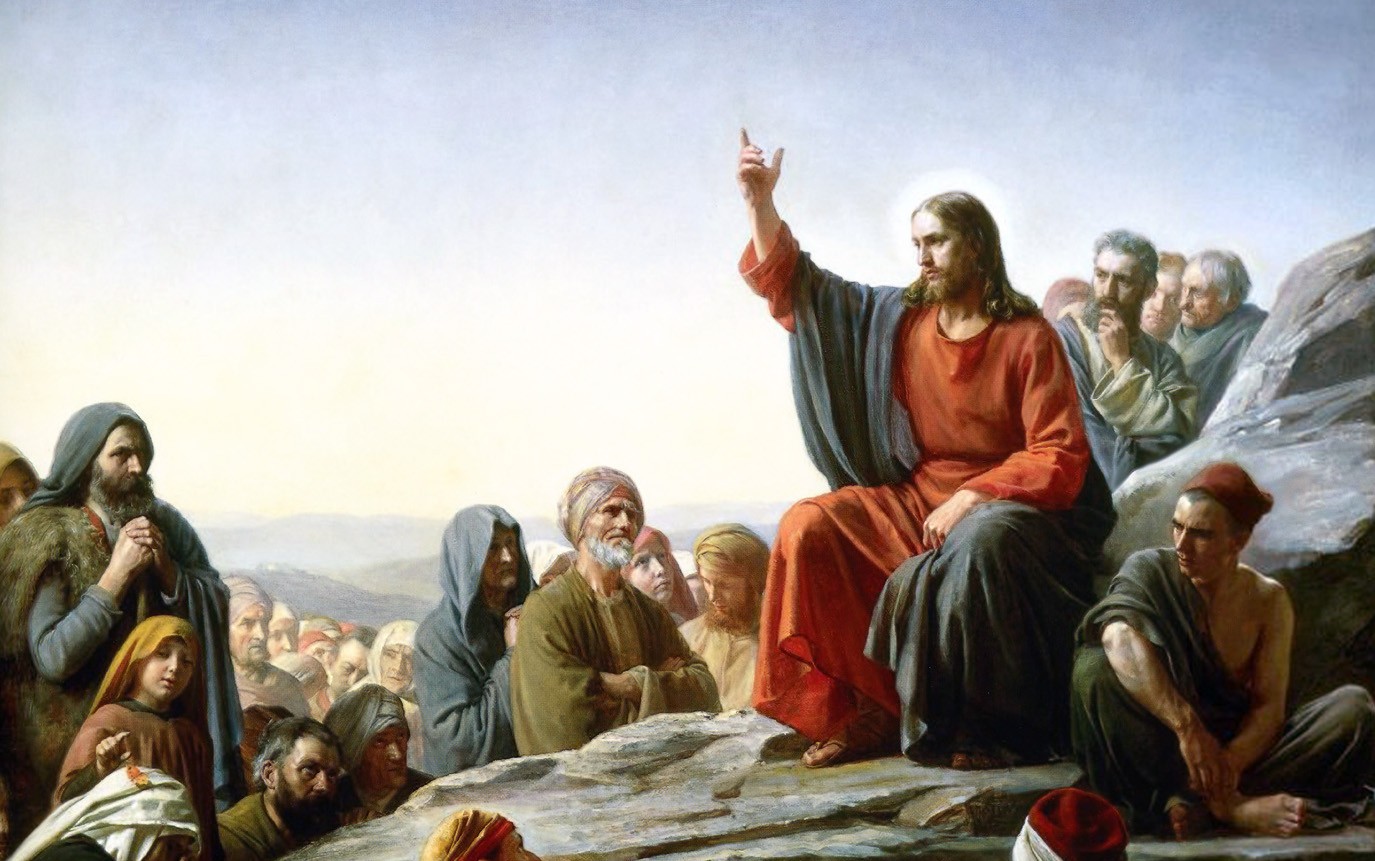
Orthodox Christians who want to observe the fast according to all of its rules have a lot more details to mind, like going for entire days without food – with only water.
All of this serves to make the individual resilient by preparing him or her for everything that life may bring.
As we get closer to Easter, the customs reflect on the events surrounding Jesus’ passion and the waking of nature.
Macedonians celebrate the holiday Cvetnici, known as Palm Sunday in the West. This holiday falls on the Sunday before Easter and is part of the Week of Suffering, or Holy Week, which marks the last seven days of Christ.
The holidays include:
- Strashen ponedelnik – Holy Monday
- Veliki vtornik – Holy Tuesday
- Velika sreda – Holy Wednesday
- Veliki chetvrtok – Maundy Thursday
- Veliki petok – Good Friday
- Velika sabota – Easter Vigil
- Voskresenie – Easter Day
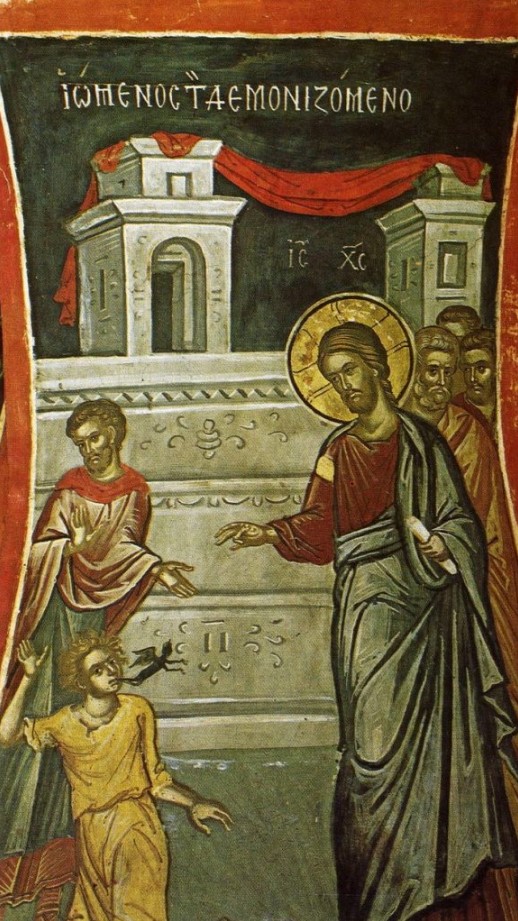
Easter egg dying
The part of the Easter holiday that is conventionally celebrated and a children’s favourite is the dying of eggs.
This falls on Holy Thursday. The eldest woman of the household prepares dye and eggs, helped by other women. The first three eggs that are dyed red symbolize the Father, Son and Holy Ghost.
These eggs are stored on a shelf and kept for the entire year, as it is believed that this protects the family until the next Easter holiday.
On the morning of Holy Thursday, the parents wake up their children by rubbing their cheeks with the dyed eggs. Macedonians repeat the following words while performing this custom: “crveno-belo, crveno-belo, crveno-belo” several times.
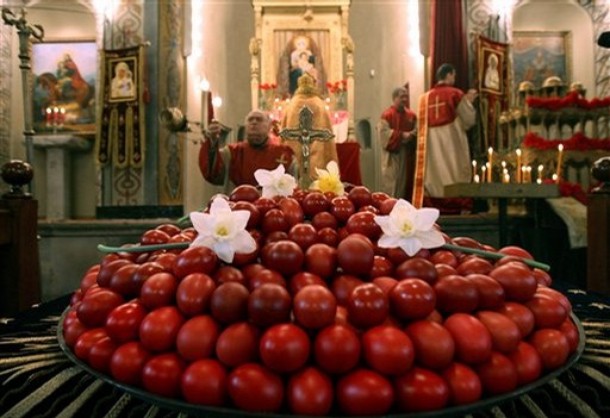
The words mean “red-and-white” are symbolic for life and good health. It is notable that people in Macedonian tie ribbons made of red and white yarn on trees on the first day of spring.
There are several interesting customs that Macedonians have observed on Velichetvrtok. For example, young women go to church and leave there an egg. On the night, it is believed that placing a mirror, comb or towel under the pillow will cause the woman to dream of the person who will become her husband.
Those who live from agriculture go to their field early in the morning, sometimes bringing along the cattle, but they don’t perform any work. Also, a child is instructed to place a dyed egg in the middle of the field. In the afternoon, the egg is taken back to the house and it is kept there until next Easter.
Inside the church, Orthodox Christians that have fasted take part in the Prichesta – also called the Secret or Holy Honour. The priest treats the believer with a piece of bread dipped in wine, symbolising eternal life.
Veliki Petok – Good Friday
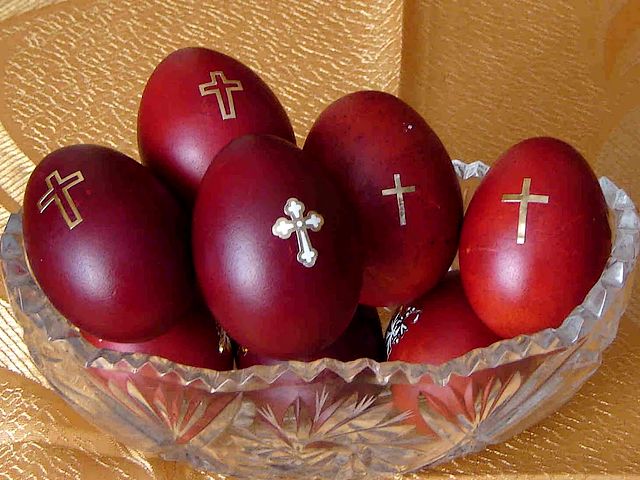
Velipetok or Good Friday is also called Raspetie in Macedonian, which refers to Christs’ spreading on the cross. Those who attend church are treated to bread, pepper and salt. Some people refrain from eating for the entire day.
Before entering a church, the faithful need to leave a flower and upon leaving, they can take a flower and bring it home for good health.
The following day is Velika Sabota. This the day when Orthodox Macedonians clean their house and prepare food.
Various regions around the country have their own particular customs: people walk around the house with a candle that has been lit in the church, bring home a green branch from a tree, wash their clothes, and so on.
At midnight in the past, the entire village went to church and walked in a circle around it three times while chanting Hristos Voskrese – Christ has Risen. This custom is observed in Macedonian communities around the world to this day.
The observation also includes going to the cemetery to tell the dead that Easter has arrived. Eggs are left on the tomb of loved ones.
